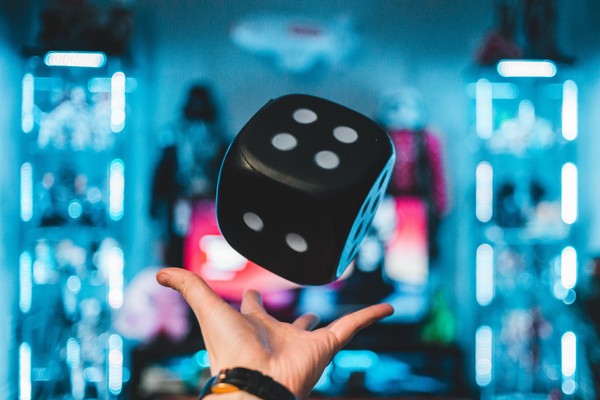
By Park Jun–young WIRED Korea
Do games do more harm than good? It is a timeworn question when it comes to an issue concerning the impact of games on their players. But this question is less frequently asked now than in the past because games are accepted as a legitimate form of entertainment.
True, it is generally agreed that games do much good and little harm for a great majority of people. Yet, there is no denying that they do much harm to some people, who use them as a tool of gambling, immerse themselves to the extent that they pay little attention to their studies or work, or hurt themselves in other ways.
Here, the government steps in to regulate the gaming industry. For its part, the industry does not deny regulation is needed to a certain extent. However, the government and the industry find themselves in conflict over how much regulation needs to be placed on the industry’s business practices.
This conflict is coming to a head, as the government is preparing to revise the Act on Game Industry Promotion, for the first time in 15 years. The government is planning to submit a revision bill to a new National Assembly whose operation will be set in motion when its members are selected in the nationwide elections scheduled for April 15.
As a first step toward revision, the government unveiled its draft revision bill at a seminar in Seoul on February 18. The government made it clear that it was only a draft bill that needed refining in the months ahead.
At the opening, Kim Yong-sam, first vice minister of culture, sports and tourism, urged civic groups, government agencies and industry representatives to cooperate in producing new rules that would be acceptable to all stakeholders. It was easier said than done, as evidenced by reactions of industry representatives.
The one who took the podium next was Professor Kim Sang-tae of Soonchunhyang University, the chief author of the draft bill. He acknowledged the draft bill might contain articles having logical lapses or well-intended ones that were nonetheless feared to harm the industry eventually.
All the mistakes would be corrected before the final bill was sent to the National Assembly for passage, said Kim who led a team of five researchers who authored the draft bill on a contract from the Ministry of Culture, Sports and Tourism.
But his remarks invited suspicion from the Korea Association of Game Industry, a special interest group also known as K-GAMES, which suspected that the government was giving a greater emphasis on regulation than support.
K-GAMES submitted a written statement to the ministry, which showed that game publishers prefer deregulation and self-regulation, if necessary, to government intervention.
In the statement, K-GAMES first of all took issue with the title of the draft revision bill to the Game Industry Promotion Act, a sign of how deep its mistrust of the government was when it came to regulation.
K-GAMES claimed that dropping “promotion” from the daft revision bill, which read the “Revision Bill on the Game Industry,” not the “Revision Bill to the Act on Game Industry Promotion,” was an indication that the ministry is concerned more about regulation than support.
It said that it would pose a dire contradiction to the government’s proclaimed commitment to promoting the game industry as part of culture, encouraging self-regulation and pushing for deregulation to a greater extent through consultations among its agencies concerned.
The industry’s argument in support of self-regulation and deregulation, however, was debunked by a legal counsel, who said at the February 18 seminar that no industry is better suited for government regulation than the gaming industry. Regulation can solve problems that the market cannot solve on its own, he said.
“Good regulations are needed all the time,” he said. “All regulations cannot be targeted for removal. It is most important to pursue reasonable regulations that go well with the times.”
Indeed, the draft revision bill contains clauses requiring publishers to provide information on the probability of receiving randomized items in paid loot boxes, banning indecency in advertisements and requiring gaming services to stop providing expensive gifts for their promotional purposes.
The most critical among them is the undisclosed probability of receiving randomized items, given that game publishers have been accused of cheating game players by withholding information on what real chances they have of receiving coveted items provided in the form of weapon, armor and others.
Chances of receiving items are extremely low in most cases. But publishers would be spared much of the criticism if they provide information as a “caveat emptor” proposition to game players to hold themselves responsible for their purchase of loot boxes.
The above is a translation of Park Jun-young’s Korean-language article by Choi Nam-hyun, deputy editor in chief at WIRED Korea.
저작권자 © WIRED Korea 무단전재 및 재배포 금지
저작권자 © WIRED Korea 무단전재 및 재배포 금지
이 기사를 공유합니다


 뉴스레터 신청
뉴스레터 신청